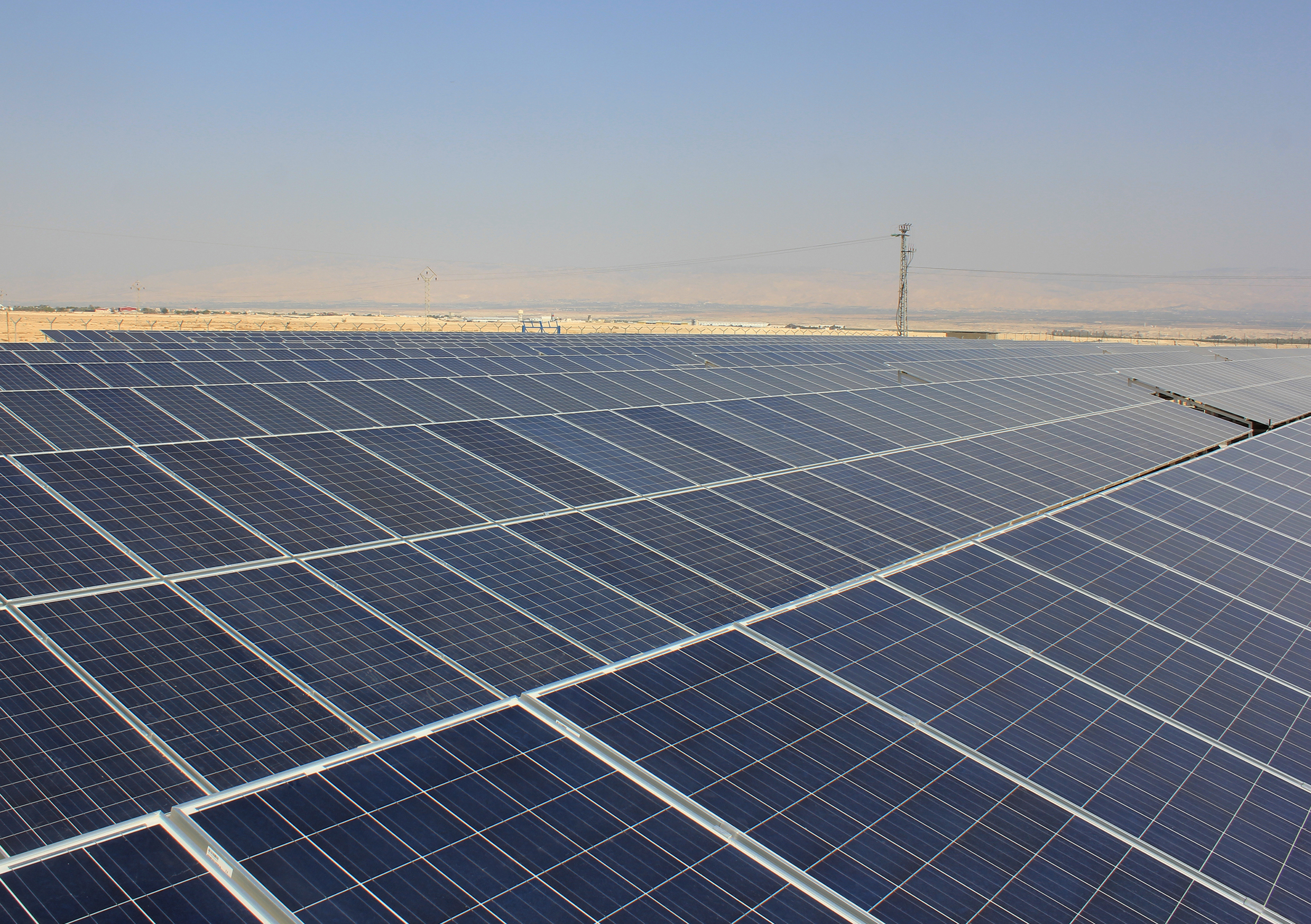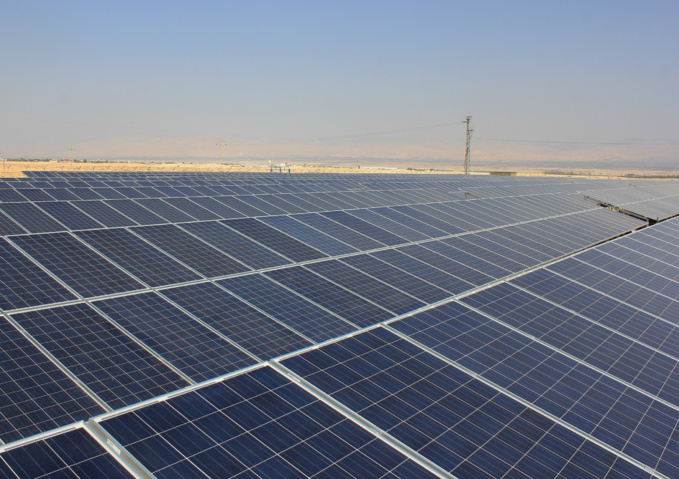The Energy Scenario study examines possible options for development of the economy, primarily the European one, until 2030. The study assumes implementation of the Paris Climate Agreement, that is, switching to a green economy with low carbon emissions. The study was conducted by the European Foundation for the Improvement of Living and Working Conditions (Eurofound) together with the analytical organization Cambridge Econometrics and the University of Salamanca. Modeling in the framework of the study showed that global GDP after the transition to a low-carbon economy will increase by 0.1%, and employment - by 0.5%. For the EU, these figures will be 1.1% and 0.5%, respectively.
The largest contribution to the growth of the global economy, according to the study, will be made through additional investments in environmentally friendly energy, as well as by reducing the costs of hydrocarbon production.
Global investment growth in this area will be 1%, while emissions will be reduced by 34.7%. For Europe as a whole, we can expect a reduction in harmful emissions by 20.3%, and an increase in investment in clean energy by 1.7%.
In the analysis of European countries, the authors of the study note that all of them will benefit from the transition to a low-carbon economy, but the effectiveness will be different.
For example, the largest GDP growth will be observed in Latvia (almost 6%), which can significantly reduce the cost of importing hydrocarbons. Malta, Belgium and Bulgaria will also see GDP growth of 2% or higher. The transition to a low-carbon economy will have the least impact on Denmark's GDP (0.1%), since it is already significantly advanced in the use of renewable energy resources and in energy efficiency. With regard to employment growth, Belgium (almost 1%) and Spain (0.9%) will be most noticeable, and Poland will be the only European country where employment will decline, albeit slightly, since a large number of coal miners will have to be reduced. industry.
For clarity, the authors of the study compare potential indicators of Europe with indicators of the USA, China and India. The transition to a low-carbon economy will be the most profitable for China, which GDP from this by 2030 will grow by 4.7%. In India, GDP will also grow, but by 0.6%. However, the level of harmful emissions in India will decrease by 53.2%, and in China - by 26.5%. Growth in investments in environmentally friendly energy from China will reach 3.2%, and this figure will be 1.1% for India.
Of all the countries and regions covered by the study, only the United States is expected to drop all indicators. According to the estimates of the researchers, the country's GDP will fall by 3.4%, employment - by 1.6%, investment - by 2.5%, which is explained by the reduction of work in the field of oil and gas production. The only positive point is that harmful emissions in the USA will also fall by 45.5%.
Taking into account the results of the simulation, the authors of the study call the transition to a low-carbon economy positive as a whole, but emphasize that, despite the wide support of the Paris Agreement regulating measures to reduce carbon dioxide in the atmosphere, the amount of harmful emissions is increasing, and its growth rates are the highest in the latest seven years.
source: eurofound.europa.eu
The largest contribution to the growth of the global economy, according to the study, will be made through additional investments in environmentally friendly energy, as well as by reducing the costs of hydrocarbon production.
Global investment growth in this area will be 1%, while emissions will be reduced by 34.7%. For Europe as a whole, we can expect a reduction in harmful emissions by 20.3%, and an increase in investment in clean energy by 1.7%.
In the analysis of European countries, the authors of the study note that all of them will benefit from the transition to a low-carbon economy, but the effectiveness will be different.
For example, the largest GDP growth will be observed in Latvia (almost 6%), which can significantly reduce the cost of importing hydrocarbons. Malta, Belgium and Bulgaria will also see GDP growth of 2% or higher. The transition to a low-carbon economy will have the least impact on Denmark's GDP (0.1%), since it is already significantly advanced in the use of renewable energy resources and in energy efficiency. With regard to employment growth, Belgium (almost 1%) and Spain (0.9%) will be most noticeable, and Poland will be the only European country where employment will decline, albeit slightly, since a large number of coal miners will have to be reduced. industry.
For clarity, the authors of the study compare potential indicators of Europe with indicators of the USA, China and India. The transition to a low-carbon economy will be the most profitable for China, which GDP from this by 2030 will grow by 4.7%. In India, GDP will also grow, but by 0.6%. However, the level of harmful emissions in India will decrease by 53.2%, and in China - by 26.5%. Growth in investments in environmentally friendly energy from China will reach 3.2%, and this figure will be 1.1% for India.
Of all the countries and regions covered by the study, only the United States is expected to drop all indicators. According to the estimates of the researchers, the country's GDP will fall by 3.4%, employment - by 1.6%, investment - by 2.5%, which is explained by the reduction of work in the field of oil and gas production. The only positive point is that harmful emissions in the USA will also fall by 45.5%.
Taking into account the results of the simulation, the authors of the study call the transition to a low-carbon economy positive as a whole, but emphasize that, despite the wide support of the Paris Agreement regulating measures to reduce carbon dioxide in the atmosphere, the amount of harmful emissions is increasing, and its growth rates are the highest in the latest seven years.
source: eurofound.europa.eu



















